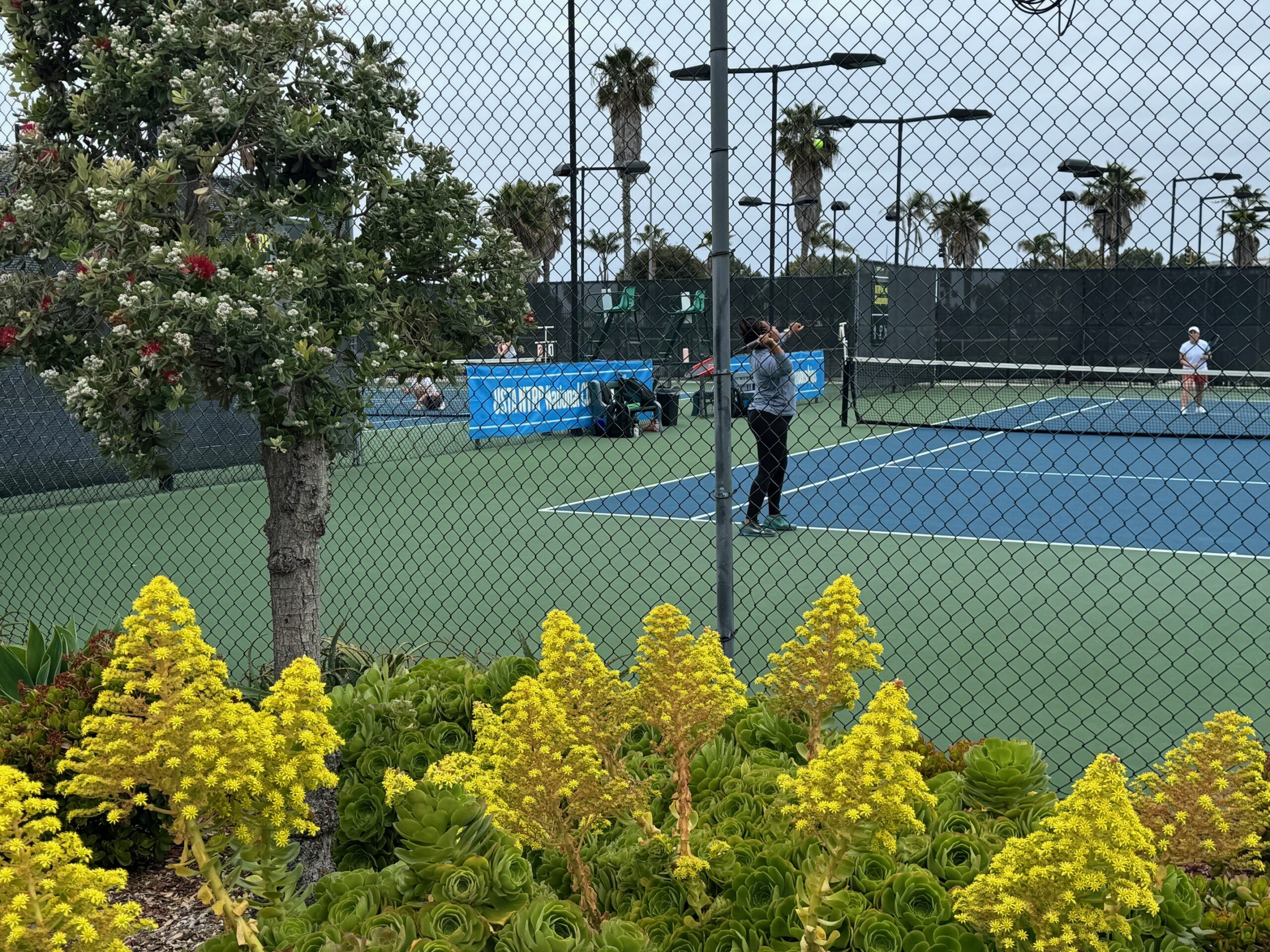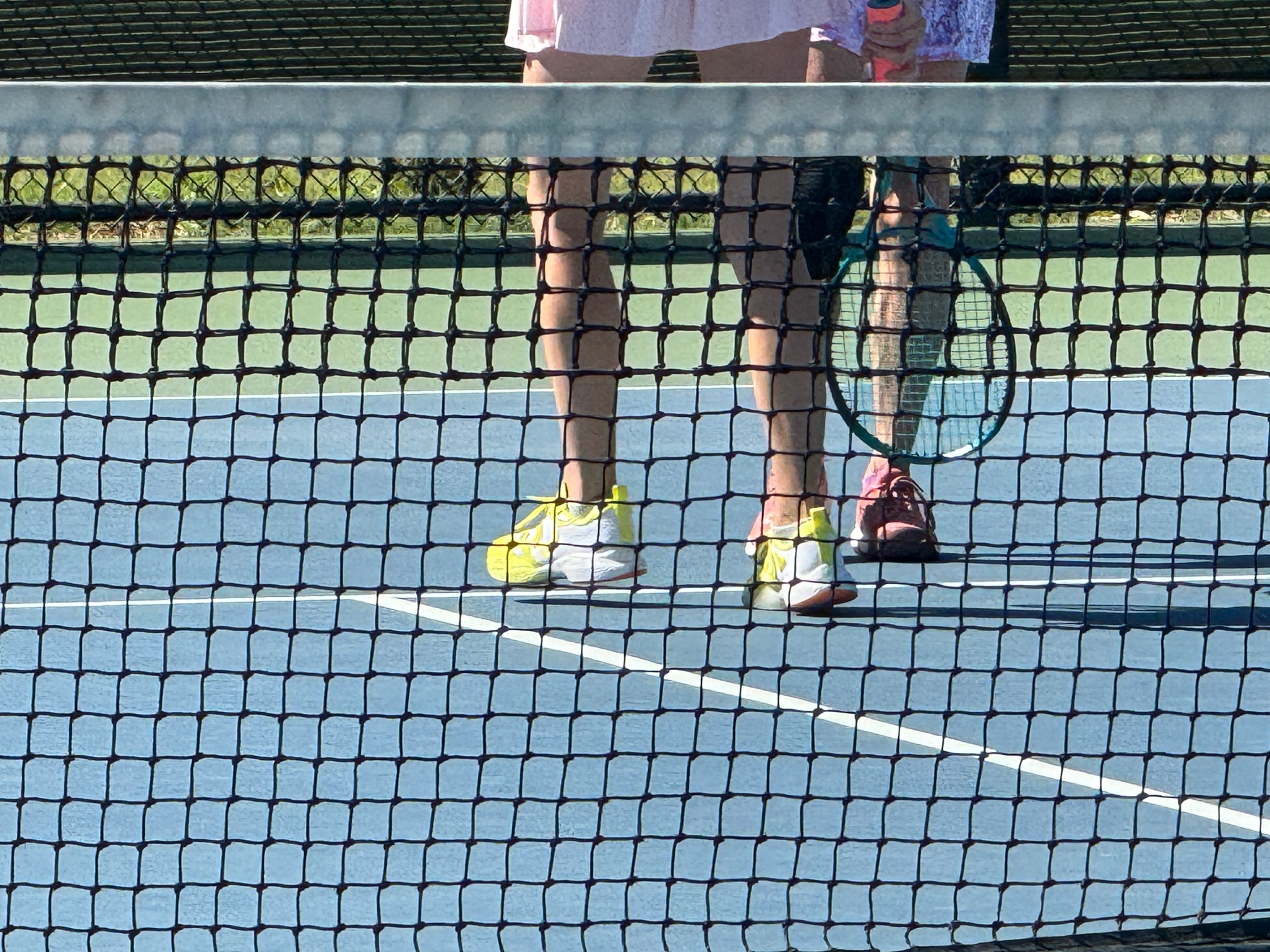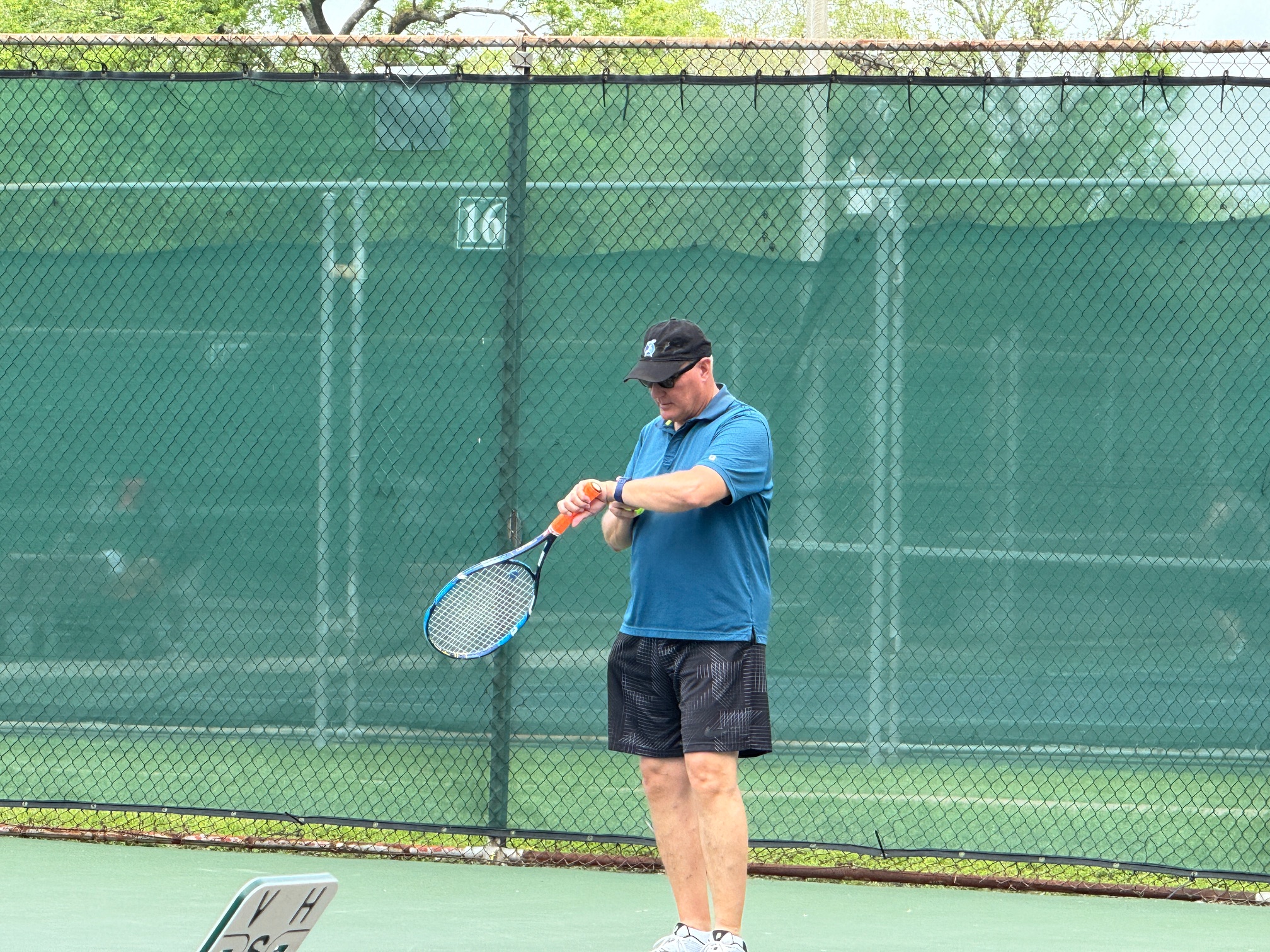Luck is an interesting concept. Many people regard good fortune as pure chance and random occurrences that are beyond control. I have always embraced the idea that there are ways to influence and improve the chances of good things happening. In other words, making your own luck in many circumstances is possible.
In my experience, good luck is often precipitated by years of hard work. For example, a person who hits a lot of “lucky” reflex volleys for winners has probably spent countless hours working on balls slammed at them by a coach or ball machine. A framed winner that a player barely got to may have been precipitated by hard work to develop the increased court coverage needed for the racquet to even make contact with the ball.
High performers in the workplace frequently exhibit superior levels of knowledge and skills. Sometimes, the requisite things that a person needs to know are formally outlined or imposed by others. A good example of that is an accredited curriculum to get a certain college degree. A person pursuing a Bachelor of Science in Electrical Engineering will complete the same baseline coursework regardless of the university attended.
Curiosity is what drives people to acquire knowledge and skills on their own initiative. Rather than being imposed by someone else, this self-directed intellectual pursuit comes with the freedom to align with the things that a person might find most interesting or fulfilling. Someone who feeds their curiosity is likely to emerge with a head full of information that brings joy and fulfillment to themselves.
In tennis, curiosity is also a subtle way to create luck both on and off the court. A player who genuinely enjoys studying point composition and tactics will frequently build creative play characteristics that look like luck to the untrained eye. Studying the history and tradition of the sport can similarly shape how a person experiences fun, whether through watching or playing.
One best practice that I recommend in the workplace is to develop a willingness to ask at least 5 “why” questions when encountering new technical topics or information. That curiosity-driven approach elicits tremendously detailed insight. It works whether the mechanism is a direct conversation with an expert or through independent research.
One way to apply curiosity in tennis is to examine someone in your playing circle who seems to win more matches than expected based on your perceptions of their skill level. In other words, the person that everyone wonders “why” they win as often as they do. Watch them play a match, and after each point, ask yourself a series of “why” questions that explain the outcome.
For example, I recently watched a Singles match where one player hit an inordinate number of winners at the net. One way to regard that match is that the player was “lucky” that their opponent had an off day and fed them many winning opportunities. That is essentially the result of asking a single shallow “why” question without probing any further.
However, pressing on with additional “why” questions revealed the insight that their opponent was consistently hitting that high floater from a very precise location on the court. In other words, deep curiosity as to “why” the point pattern was recurring eventually revealed that the winning player had figured out how to generate an easy put-away from that opponent by playing a specific series of shots.
Embracing curiosity as a guiding force enriches our understanding of the world and shapes our perception of luck. The inquisitive mind is a powerful tool for unlocking opportunities that may otherwise go unnoticed. That paves the way for a more fulfilling and successful journey. In tennis and in life, let curiosity be your compass.
Throughout 2024, I am publishing a series of essays imaging how to apply the principles in ‘Designing Your Life: How to Build a Well-Lived, Joyful Life‘ (<- sponsored link), which is a non-tennis book that I have come to believe that everyone should read.
A chronological summary of all posts on this topic is available on the Designing Your Tennis Life summary page.




